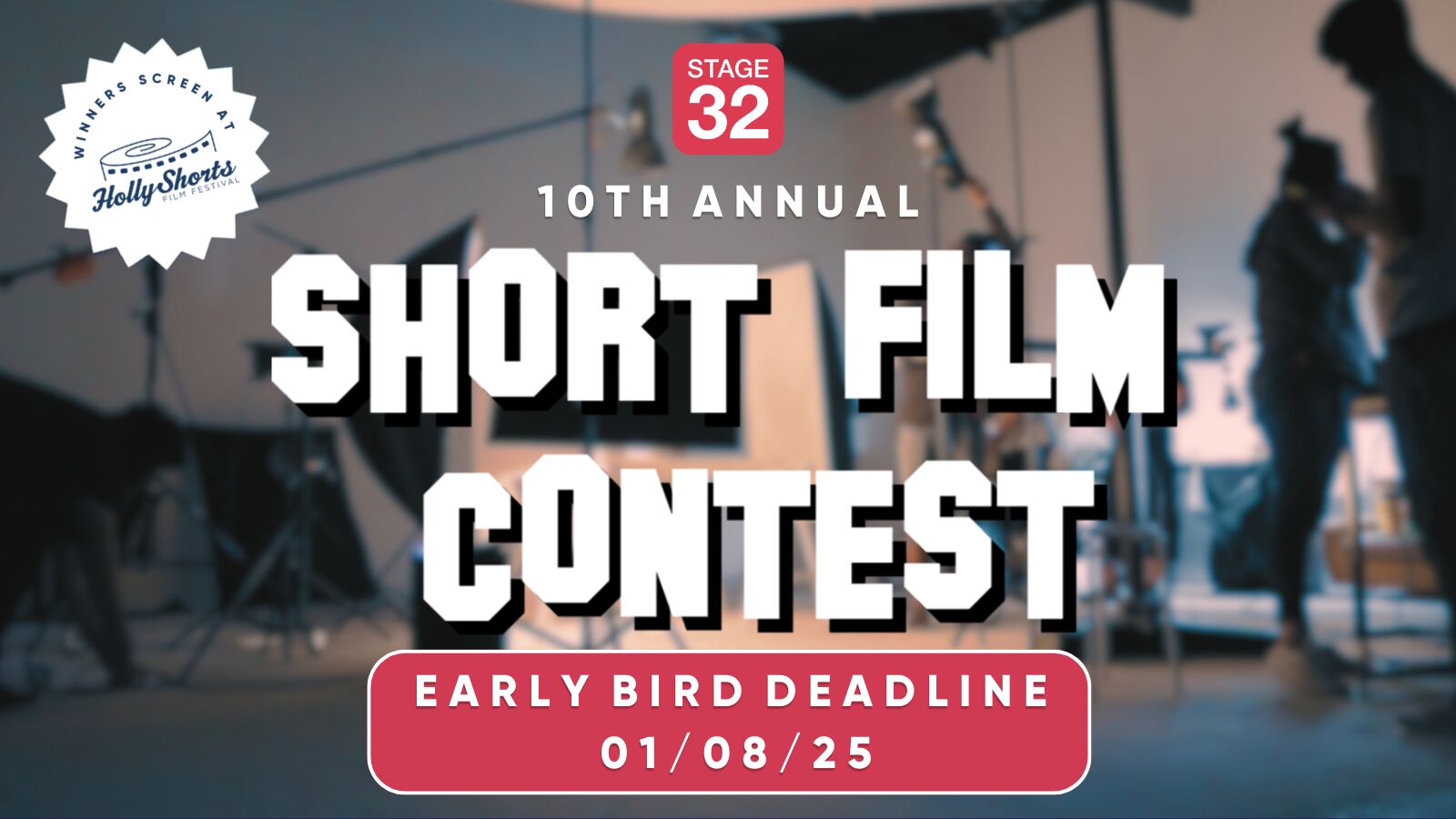Well, heck - doesn't that sound like Goldilocks and the Three Bears? lol This topic could be ripe for discussion and I am doing it 'from memory' so I hope my data is correct. The is this ongoing question - when you score a film, how much music does it need? Of course the answer is 'it depends' and the answer could be very different depending on whose 'perspective' you use - the consumer / director / producer or the creator / the composer. But should there be a different answer and are there any 'rules'? I have seen Hollywood/studio feature films on both ends of the spectrum and every result in between. Now if I remember correctly in the Tom Hanks film, Cast Away (scored by Alan Silvestri), aside from the end titles I can only remember one short cue of about a minute in the whole film (towards the end on the raft). On the other hand, "Hook" (scored by John Williams) is significantly scored. The only 'rule' / guideline I have ever been told is that action without dialog is more likely to be scored (especially if there is no supporting Foley) and I need to be more 'frugal' with score behind dialog. Of course, the decision(s) on scoring especially for large budget films are often done at 'spotting sessions' and captured on a spotting sheet. But that will generally not happen in low to small budget films - or in the case (which is just what happened to me in my latest feature), where the director delegates the complete the decision to the composer. So if you are tasked on not only writing the cues but also deciding on where they should go, what do you do? One thing to consider is that imho, features may not use the same criteria as shorts. One reason would be the sheer volume. Unless you had an unlimited timeframe to work with, by the time you get the film, it is the end of the process and they want to mix the audio, colorize, and get the film out for distribution (whatever that means). Writing 2 hours of music no matter how fast you are is going to take a long time. I am personally not very fast. While I once scored 6 1/2 minutes in one night, I 'typically' average 2 minutes a day and a fully scored feature would take me 2 months full time. Generally/rarely do I have more than about 2 to 3 weeks. Here is another thing to consider. Many of us (not all of us), consider shorts as our 'walking stick' - or resume. It is not normally our money making project but our ticket to the feature league. So most participants in a short want to show off and put their best foot forward including the composers. There is then that fine balance between scoring professionally with tasteful music that supports the film without it sounding like a personal symphony and using the music as the 'calling card' to get a feature to score. So it is not surprising that sometimes (or perhaps more than sometimes), a short may tend to get 'over scored'. I will admit that my recent three shorts over the last two months were likely over scored. And by over scored I mean over 90% of the film has a score. I scored a 35 minute short with 31 minutes of music and the two other shorts of 4 and 9 minutes were almost entirely backed by music. The 'stakeholders' loved the score but I have now stepped back and looked at the result. Sure the music sounded great and supported the film and make the last two shorts more prone to winning their competitions (where most of the entries have no music at all or use public domain music). But now that I am about to score a 90 to 120 feature with a 'carte blanche' by the director to put cues wherever I professionally deem them necessary, I will be very much sensitive to not over-scoring. By the way, I can not recollect there ever being a feature film based on Goldilocks and the Three Bears though that story has similarities to other fairy tales like Snow White. Can anyone think of a feature based on that fable/fairy tale?



Great topic, Joel! This was exactly what was on my mind when I scored my latest short film, "Mr. Tickles". Being a comedy, I often think of lots of musical hit points to emphasize on-screen actions, or as they say "mickey mousing", like you see in cartoons (though, to be fair, cartoons don't have much dialog). My concern therefore, is that there wasn't nearly enough music in my film, and the director had left it completely up to me to decide where to add music. Looking back, I still don't feel there was enough music in the film, but others may disagree. I feel you really need a 3rd party, an impartial viewer unrelated to the filming process to watch the film and give their input. After all, they are the target audience. I'm glad you brought up the time it takes to score a film, because that is one of my biggest concerns; that I never have enough time. Film scoring, after all, is post production. We are one of the last people to see the film and therefore have very little time to score it, and the scoring process is lengthy. It once took me 12 hours to score 6 minutes of film. It was awful. Even with the help of my DAW, it's still very tedious work, and I'm glad I'm not alone in that endevour. That's why it's crucial to know ahead of time what scenes need to be scored and roughly how long. If you can get this information from the director before you even receive the rough cut, you'll be way ahead of the game. EDIT: On a related note, a friend of mine had posted this recently on the topic of the art of silence in film and I thought I'd share it with you all. :) https://vimeo.com/98240271
Ian - I really can identify with your 12 hours to score 6 minutes. The last film I had was due on Fri at 1 pm local. First early thu evening he told me the church music in the background of the church scene had to come out for copyright reasons - so I took 45 minutes to compose, arrange and render a 75 second pleno original church organ piece which had to 'sound like' the one he was yanking. Then at 930pm I get the rest of the film which to that point only had 40 seconds scored - the opening and final scene. So like you I had to score 6 minutes 15 seconds in just under 10 hours through the night from scratch. We'll see how the film ("Mother's Day") and I turn out when the finalists are announced next month.
Stories like that make me think twice about pursuing a career in film scoring. Hopefully these are exceptions and not the norm. It's hard enough writing WITHOUT a deadline! What would you say is a typical amount of time given for a composer to score a film after he's received the first rough cut?
1 person likes this
Ian, it varies greatly on the production company, budget constraints and planning of the film makers. I've been involved in major studio films that took 18 months to write the music all the way to 3 weeks. You do what you can in the confines you are able to get done. Usually if it's 3 weeks, its because a composer got fired and the film was largely "locked" to begin with. But usually we have really good music editors on the line that can help cut a suite together, or salvage what music we can provide to them to work to any further picture changes. You can always walk away and say, no, not worth it.
1 person likes this
Ian - that was the first time it happened to me. Two films before it which I scored 30 minutes of music for, started in Dec and stretched on and off (part time) across 4 months with the bulk happening between March 4 and May 12th - those 8 to 10 weeks part time is a lot more typical. The one in the middle required 4 1/2 minutes of music and I paced myself at 1 minute a day for 4 days. That was a pretty comfortable pace for me.